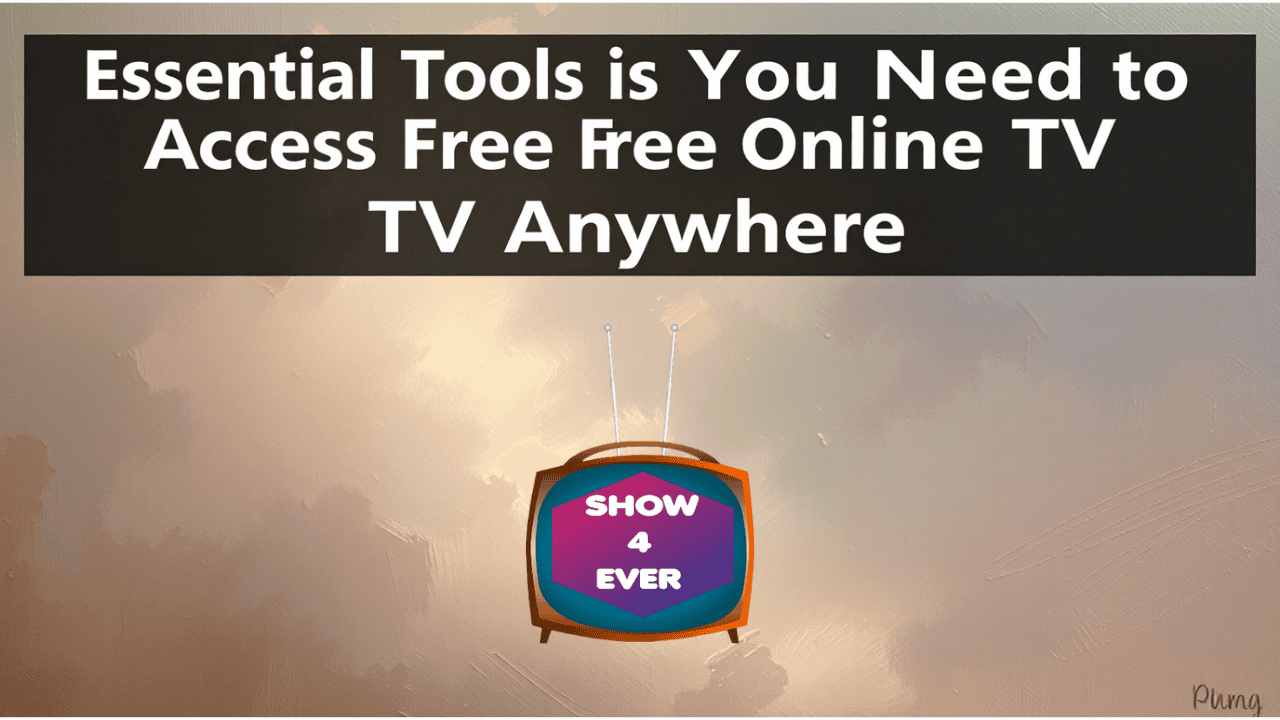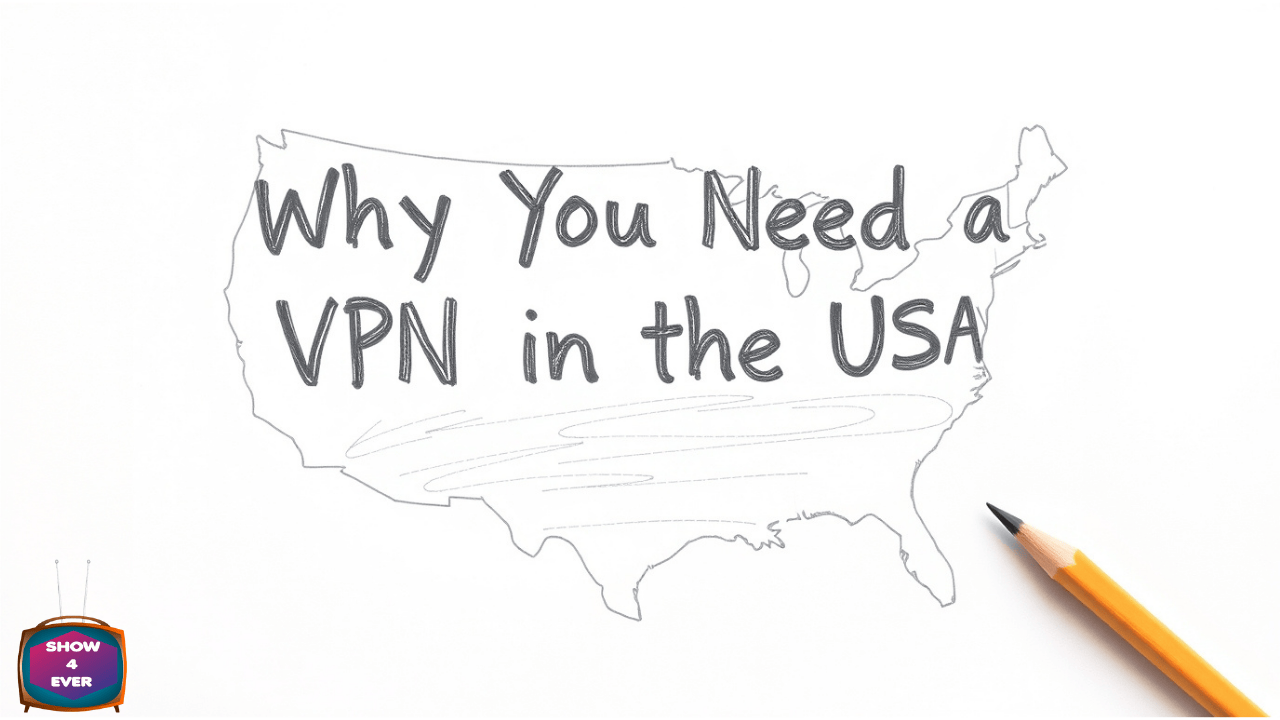Do You Need Good Internet for IPTV? Here’s the Ultimate Answer That Will Change Your Streaming Forever!
However, streaming has now become a part of our daily lives but the world of entertainment changes and so does its technology. What has been most exciting in this digital media space has been the development of IPTV (Internet Protocol Television). IPTV is a method by which television shows, movies, and live events can be streamed live over the internet, without the requirements of a satellite or cable service.
But many people wonder: Do you need good internet for IPTV? Have you ever had interruptions during a stream, buffering, or lagging? You know how annoying that is. In this article, we will explore in depth the importance of your internet connection for IPTV why it is crucial, and how to ensure your setup is flawless for uninterrupted television viewing. Here is the ultimate answer that will forever change your streaming!
IPTV Revolutionizes TV Watching, What Is It.
Internet Protocol Television (IPTV) is a system where TV services are delivered via the Internet instead of cable TV, satellite TV, or broadcast TV. IPTV is different in that you can stream live television, on-demand shows, and even time-shifted shows such as reruns or previously aired programs, via your internet connection. It is thinking of merging the internet with TV and that merging gives you the same control over what you watch, and when you watch think of it as merging the world of TV and the internet and making a single(platform) where you can have complete control of what you watch and when you watch it.
IPTV is truly revolutionary by providing convenience and flexibility. We no longer have to be accountable to crappy cable packages with channels we don’t watch and specific broadcast times. Users can tailor their viewing experiences with IPTV allowing them to watch what they want, when they want. IPTV means that whether you’re with a weekend crazy binge-watching your favorite series or streaming a live sporting event, it becomes feasible, and often cheaper than even the traditional TV service.
For its scalability, IPTV is one of the most appealing features of it. IPTV delivers high quality on whatever device you are watching from — your TV, laptop, tablet, or smartphone. And it’s this flexibility that has allowed IPTV to become such a rapidly growing part of the entertainment industry.
But here’s where the plot thickens: IPTV requires a good online connection, doesn’t it? The short answer is yes. IPTV is internet-based, and the quality of your internet connection will define the quality of your IPTV service. Without a good strong and stable connection you can go through all sorts of problems such as buffering, pixelation, or service interruptions. To that end, let’s take a brief look at why your internet connection is such a big deal when it comes to your IPTV experience.
Do You Need Good Internet for IPTV? Crucial Connection explained

In a word: Absolutely! Any IPTV service lies on good internet. Whereas traditional TV depends on using satellite dishes and cable lines to stream the content, IPTV delivers the content, in real-time, through the internet. This means therefore that if your internet connection is weak or unstable your IPTV service will also be affected.
When you ask, “Do you need good internet for IPTV?” the answer revolves around one key concept: bandwidth. Bandwidth describes how much data can be sent over your internet connection at any one time. Bandwidth is like a highway, the more lanes (bandwidth) you have, the more cars (data) can move, without traffic jams. The more bandwidth you have, the more data flow in terms of your TV shows, movies, and even live is hitch-free and smooth.
To stream high-quality content you need quite a lot of data. This is true for IPTV services as well. For the same, you will most likely need an internet speed of about 3-4 Mbps for standard definition (SD) streaming. But when streaming HD, the stakes are high. To stream HD content with no buffering or interruptions you require at least 5-8 Mbps. If you’re streaming ultra high definition (4K) content you should shoot for 25 Mbps or more.
The other thing is that, apart from bandwidth, latency and packet loss can also matter in terms of your IPTV experience. Latency refers to the delay in data transmission, while packet loss occurs when some of the data you’re streaming doesn’t make it to your device. These guys can lead to poor video quality, buffering, or even dropped streams. As close to zero latency and packet loss as possible, you want your ISP to provide a reliable, fast, and interference-free internet service.
When it comes to your connection, one important point to remember is that it isn’t purely used to help you with your IPTV — there are certainly other devices running off of it, including laptops, smartphones, and even other smart home devices. That’s why your IPTV might only need 8 Mbps for HD streaming but when you use other devices, the total bandwidth required will be much higher.
The Impact of Internet Speed on Your IPTV Experience: How Fast is Fast Enough?

And so you’re convinced that you need good internet for using IPTV, but what’s enough speed? Your overall IPTV experience is very much reliant on how fast your internet connection is. Have you ever found yourself caught in those vicious international airport loops with the spinning wheel, or if the video drops from crystal clear to grainy, or it’s just hard to watch?
For IPTV to provide you consistently with high-quality streaming you need to make sure you have internet speed that matches the type of content that you want to watch. Here’s a quick breakdown:
• Standard Definition (SD):
If you’re content with SD quality, which is 480p resolution, you’ll need a minimum speed of 3-4 Mbps. For casual viewing and smaller screens, like a mobile device, it is now suitable.
• High Definition (HD):
The internet should run at 5 to 8 Mbps for HD streaming which offers a 720p or 1080p resolution. The speed necessary for husting crisp images and immersive experiences on larger screens such as a television or a monitor is essential.
• Ultra High Definition (4K):
If you’re someone who wants the ultimate viewing experience for 4K resolution then you’ll need at least 25 Mbps. If anything is too low, you may find yourself streaming up frequent buffering, pixelation, and low frame rates when streaming live events or scenes that are action-packed.
Speed is, however, only one part of the equation. Similar to your internet connection’s stability. Generally speaking, even if you have high-speed internet, unreliable speed or losing connection to your IPTV source is an absolute possibility. The best way to avoid this is to test your connection regularly and if you aren’t getting what you are paying for. Services like speedtest.net allow you to measure your internet speed quickly and easily, so you know if you’re meeting the requirements for IPTV streaming.
In case you don’t meet your speed needs in your current plan, you might consider the trade of your internet plan to another faster package. Some ISPs offer packages that are formatted to cater to heavy streamers or households with many devices to use at once. If fiber-optic internet is available in your area, then it’s the best choice for IPTV because it provides faster and more reliable speeds.
Maximizing Your IPTV Setup: The Simple Steps to Give You the Perfect Internet for a Smooth Streaming

It’s just the start of having the right internet speed. To fully exploit your IPTV experience, there are some extra steps that you can take to ensure your setup is configured for glitch-free streaming.
1. Use a Wired Connection Whenever Possible:
Not only is Wi-Fi convenient, but it often isn’t as stable as a wired connection. If you can, hook your IPTV device up directly to your router with an Ethernet cable (be it a smart TV, your set-top box, or anything else). That way you’re getting as stable a connection as possible, with very little chance of interference or signal loss.
2. Upgrade Your Router:
Most still are using the router that comes supplied by your ISP; it’s time for an upgrade. If you’re streaming on multiple devices then modern routers are much faster, range, and reliable. When choosing an IPTV service provider, make sure that the router you’re using supports the latest Wi-Fi standards such as Wi-Fi 6, to have a smooth running service.
3. Prioritize IPTV Traffic with QoS Settings:
Most modern routers include Quality of Service (QoS) settings in which you can designate and prioritize which types of Internet traffic should be given the most priority. By putting your IPTV on a top priority list on your home network you will limit the chances of your IPTV Internet streaming being interrupted or buffering during peak usage times due to other devices accessing the web such as smartphones or laptops.
4. Reduce Network Congestion:
If you have a lot of other devices that are connected to the internet, especially when you live in a busy household, then you’re more prone to network congestion during peak times such as evenings and weekends. In this case, try to limit the number of devices connected to the network when streaming IPTV. Or you can buy a dual-band router that lets you split parts of your devices into two different bands at frequencies (2.4 GHz and 5 GHz) to reduce the congestion on your network.
5. Monitor and Manage Bandwidth Usage:
If you are watching streaming IPTV in HD or 4K, it can use up much of your bandwidth. Remember other bandwidth-heavy activities such as gaming or downloading large files can slow down your internet connection and affect your IPTV service. Your IPTV streams will run smoothly if you manage your household’s internet usage.
Conclusion
For IPTV, Do you need good internet? The answer is definitely yes! IPTV is all about a good, reliable internet connection. Do you want to stream live TV, or watch the latest movies, or binge-watch whatever series you like? Having the right internet speed allows you to make the most of it. Knowing how internet speed is involved in an IPTV signal will allow you to be aware of your setup, and optimize your home network, and watching should be a seamless, buffer-free experience. Welcome to the end of interruptions, and an endless cycle of entertainment!
Share this content:

















Post Comment